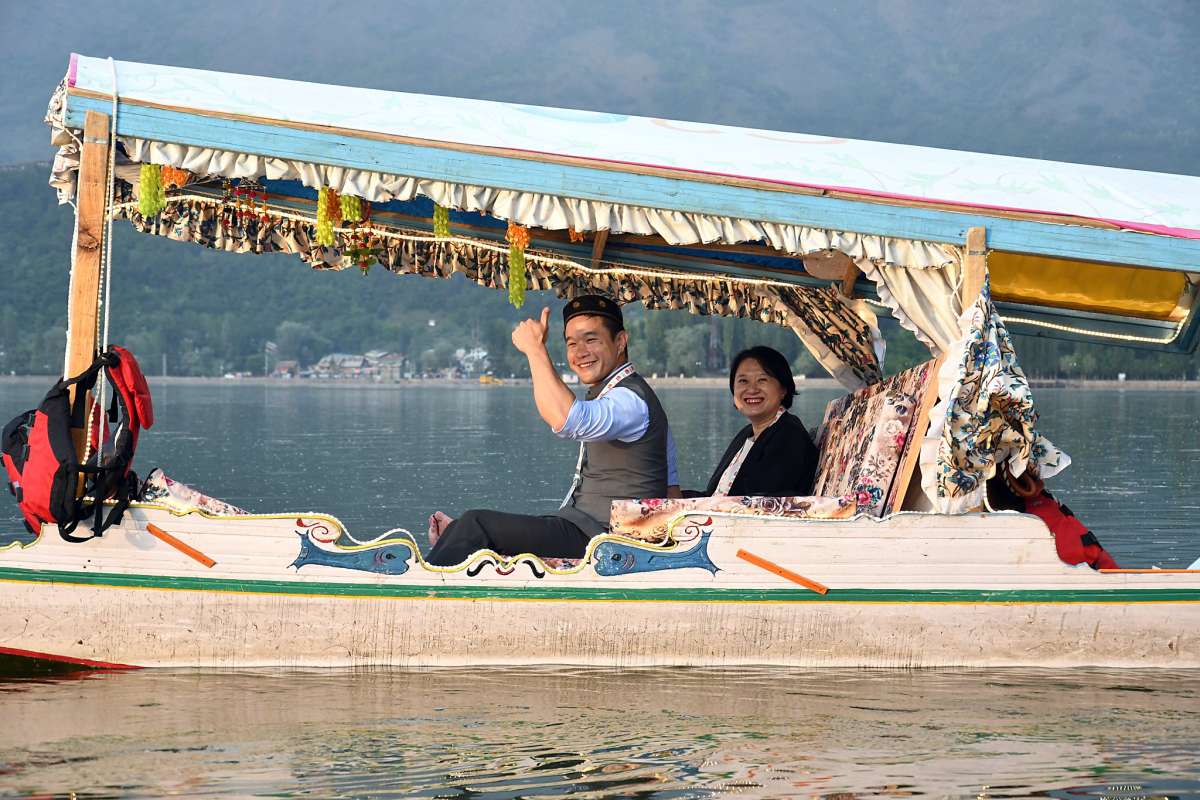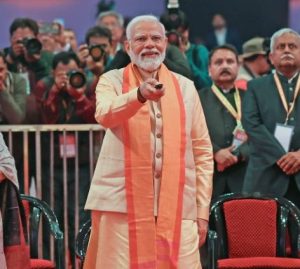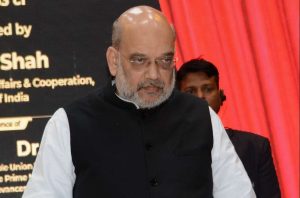From 2014, Prime Minister Narendra Modi has sought to bring back Kashmir to the prosperity it once enjoyed, writes Prof. Madhav Das Nalapat
Among the most beautiful locations on the globe, Kashmir has suffered from 1947 onwards as a consequence of the obsession by the rulers of Pakistan to reaffirm the two-nation theory by snatching away by subterfuge mixed with violence a Muslim-majority state from India. The 1965 war between India and Pakistan would have been very different, had the then Chief of Army Staff been replaced by one of his juniors who had more spine. Had the COAS at the time been able to, he would have countermanded the decision made by Prime Minister Lal Bahadur Shastri to take the pressure away from Kashmir by attacking across a broad front.
As is the norm in India, where nothing succeeds as much as failure, despite his poor leadership, the then COAS was rewarded by a diplomatic assignment while the Lt General, who was the actual hero of the 1965 war, went unacknowledged. At the Tashkent conference, what slivers of Pakistan territory captured by India was given back, as also the most effective gateway for terrorists to cross into that part of Kashmir that was rescued by India in the 1947 war, the Haji Pir pass. An even bigger gesture of making futile unilateral concessions at Shimla in 1972 brought no respite from the overt and covert war that the Pakistan military establishment was conducting against India.
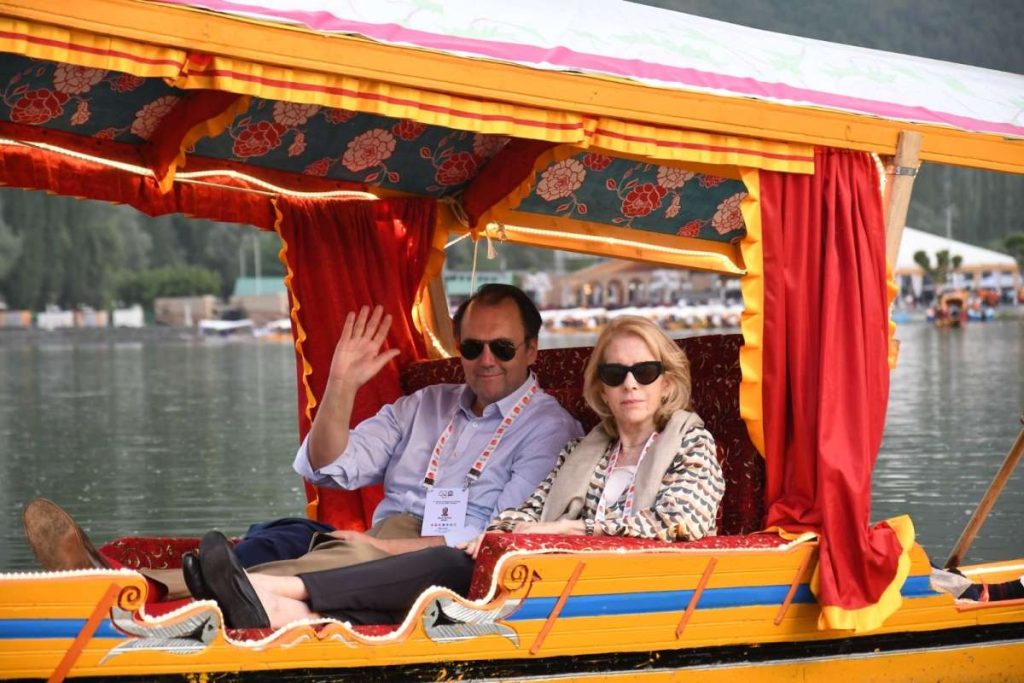
Indeed, it was during the 1980s that several schools were set up in Liberated Kashmir that indoctrinated the youth attending them to hate their own country and back its secession. Worse, several individuals who were not even covertly opposed to India were allowed to cross over from the other side of the Line of Control and settle in Liberated Kashmir. It was from this influx that the human seeds of the asymmetric warfare that ravaged the Valley in particular for much of the 1990s came from.
Worse still, political parties that were plainly opposed to the 1947 integration of Kashmir into the Union of India were wooed by national parties and made part of the machinery of the government of the state. Small wonder that the wound inflicted on the wellbeing of the people of Kashmir by GHQ Rawalpindi and its proxies continued to fester. A state that ought to have been among the top ten tourist destinations of the world, that ought to have been the location of the best educational and health facilities in India, slipped into the abyss of insurgency.
And it was not only in Kashmir that the Pakistan army showed its gratitude-in-reverse for the incredibly generous concessions made by the Indian side at Shimla, including the effective pardoning of the many officers of the Pakistan army that had been guilty of rape, lool and genocide in Bangladesh during the years preceding the 1971 war that ended in the Indian armed forces and the Mukti Bahini liberating Bangladesh. Soon after Shimla, planning began at GHQ Rawalpindi to convert Punjab into an inferno through the Khalistan movement, which is now going largely as a consequence of funds handed over the purpose to GHQ Rawalpindi by the military that is its master in all but name.
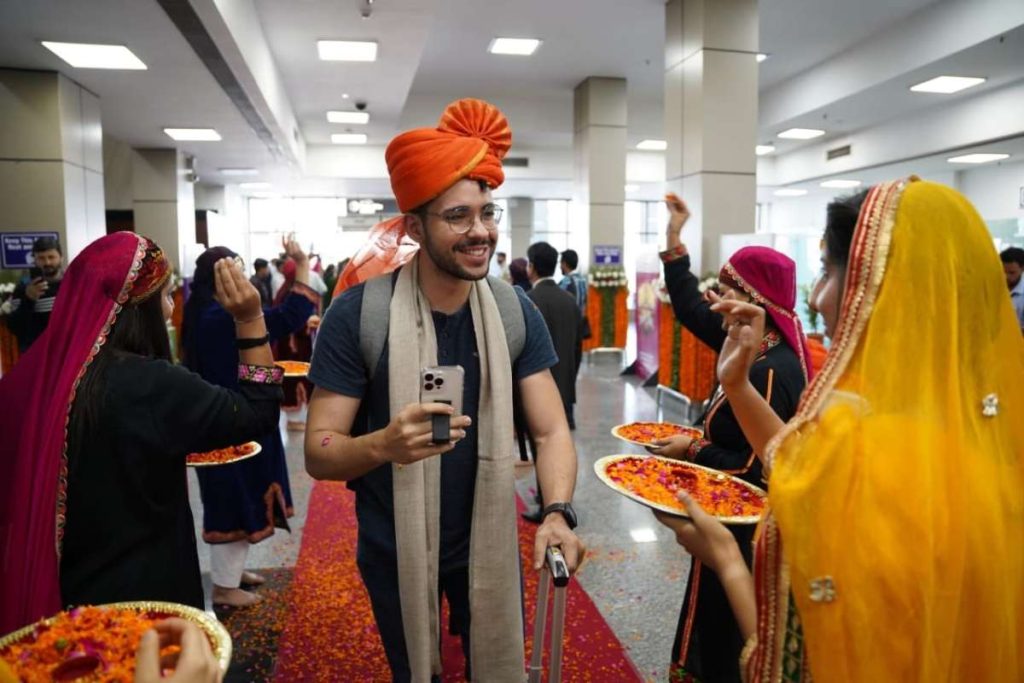
Together with the military and police, the people of Punjab defeated that conspiracy to melt down the state. The Sikh community in particular once again showed its patriotism and commitment to the Tricolour. The G20 meeting on tourism that has just taken place in Srinagar has demonstrated that the people of Kashmir too have stepped forward to support not those from across the western and northern borders of India that want the Union Territory to plunge into chaos and violence, but those who seek to ensure that Kashmir reaches its potential as a peaceful and prosperous part of India. From 2014, Prime Minister Modi has sought to bring back Kashmir to the prosperity it once enjoyed before Sheikh Abdullah was brought back to power in the state during 1975 by Prime Minister Indira Gandhi.
From 2014 onwards, Modi worked towards this objective, and there can be no better evidence of the confidence that the Prime Minister has in the Kashmiri people than in his decision to hold the G20 meeting on tourism in Srinagar. The intention was to once again make Kashmir an international destination for tourism and investment, and the people of Kashmir lived up to his expectations by showing the warmth and hospitality that had long been the defining characteristic of the people of Kashmir, and which GHQ Rawalpindi and its external masters have long been seeking to replace with a mixture of intolerance and mayhem.
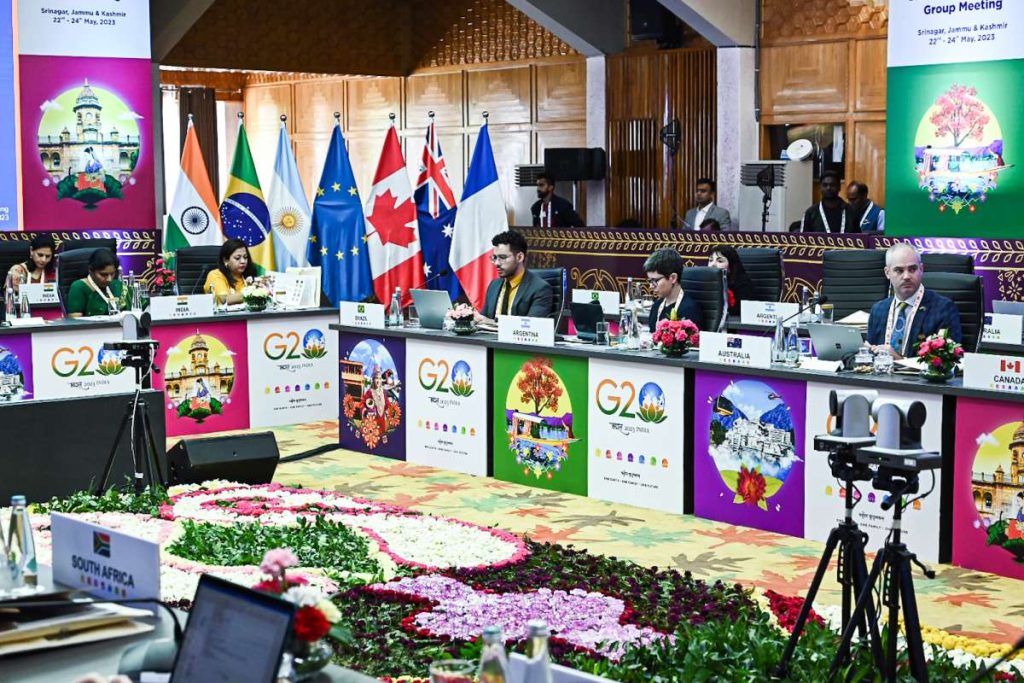
President Erdogan of Turkey repaid India for the unstinted assistance given to his country by India during the 6 February earthquake by refusing to send any delegate from his country to the G20 summit. China naturally absented itself, as seeing the placid atmosphere in Kashmir despite pumping in so much assistance to the Pakistan military would have resulted in a nervous breakdown among many in its delegation.
As for the Saudi absence, it is clear that the modernising hand of Crown Prince Mohamad bin Salman is not all-powerful in the Kingdom, else the Saudis would have followed the Indonesians, the Europeans, Brazil, South Africa and the big European economies in attending the meeting. Perhaps it was simply fear that kept the Egyptian and Saudi delegations away, given that both are modernising rather than slipping back into medievalism in the way some other countries are. Riyadh and Cairo may have taken seriously the informal warning given by Beijing that the Srinagar meet was hopelessly unsafe, and not to risk their lives by going.
Unfortunately for them, the overwhelming majority of countries in the G20 attended. As for Turkey under Erdogan, Ankara has followed the example of Islamabad and Beijing in repaying help given by India with a contrary action that brings harm. The Turkish absence serves as a warning to those in the Lutyens Zone who never learn that unilateral concessions beget only a demand for more concessions rather than cause a change in established behaviour patterns of hostility.
